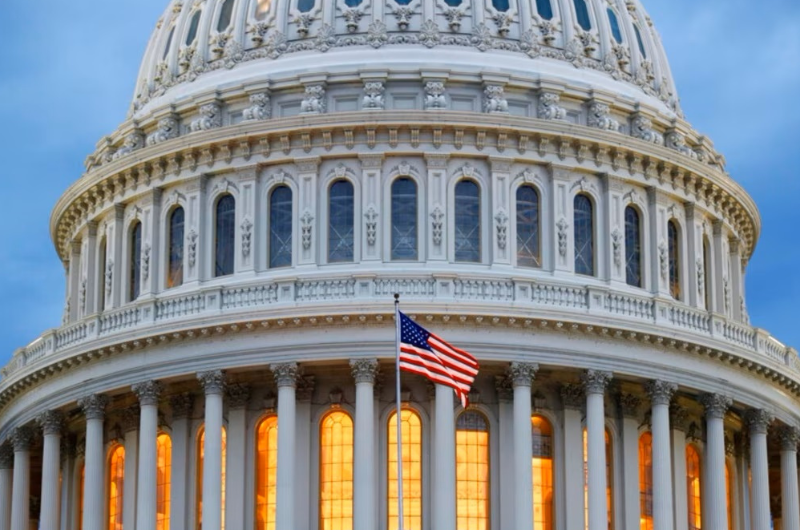


Glenn Grossman, director of research for Cornerstone Advisors, shared this week during a presentation for California and Nevada credit union CEOs how the prior debit card interchange legislation (“Durbin 1.0” — authored by U.S. Senator Dick Durbin) and regulations relate to the current Credit Card Competition Act in Congress (“Durbin 2.0”), as well as its negative implications.
His online slide presentation and True Impact of Interchange Regulation report — hosted by the California and Nevada Credit Union Leagues — came on the heels this week of the Credit Card Competition Act (CCCA interchange bill) NOT being submitted as an amendment to the National Defense Authorization Act (NDAA). This positive news comes as more than 1,500 amendments were submitted for consideration to the NDAA.
So far, California and Nevada credit union supporters have sent more than 8,700 messages to Congress in opposition to the sweeping credit card interchange bill. Please keep up the great work through the Leagues’ Connect For The Cause campaign!
‘True Impact of Interchange’ Report
Meanwhile, Cornerstone Advisors’ special report spotlighted the following points: impact of additional payment networks; impact on current interchange fee formula; unintended consequences in a linked economy; regulatory “whack-a-mole 2.0”; pass-through savings (or not); fraud; VISA advanced authorization network and fraud detection; and the cost of doing business.
The study offers three critically important recommendations:
These recommendations are based on key lessons learned from the Durbin Amendment:
The study also includes CUNA data from a 2022 survey asking consumers if they had been charged an extra fee by a merchant for using a credit card in the past year. A total of 66 percent noted they had, and 46 percent stated they would conduct business elsewhere if faced with a surcharge for using a credit card.
The Leagues and the Credit Union National Association’s (CUNA) message to Congress this past week summarized key points from our study in advance of retailer Capitol Hill visits, providing research and information to pre-emptively rebut many of the merchants’ arguments supporting the big box retailer bill.
Additionally, legislators on Capitol Hill were targeted with digital advertisements. These ads drove home the main concerns with the big box interchange bill, focusing on interchange as the cost of doing business and sharing how retailers haven’t shared their savings from the 2010 Durbin Amendment debit interchange reduction.
Leading up to the August Congressional recess, CUNA will share additional points from the interchange study with members of Congress each week.
CUNA’s Interchange Tool Kit on the CUNA interchange webpage includes downloadable advertisements and other resources to help credit unions caution Congress against doubling down on a bad idea with credit card interchange mandates.
2855 East Guasti Rd., Suite 202
Ontario, CA 91761
909.212.6000
1201 K. St., Suite 1050
Sacramento, CA 95814-3992
916.325.1360
c/o Great Basin FCU
9770 South Virginia Street
Reno, NV 89511-5941
202.638.5777 www.cuna.org
www.dfpi.ca.gov
Clothilde “Cloey” V. Hewlett — 415.263.8500
fid.state.nv.us
702.486.4120 (Las Vegas)
775.684.2970 (Carson City)